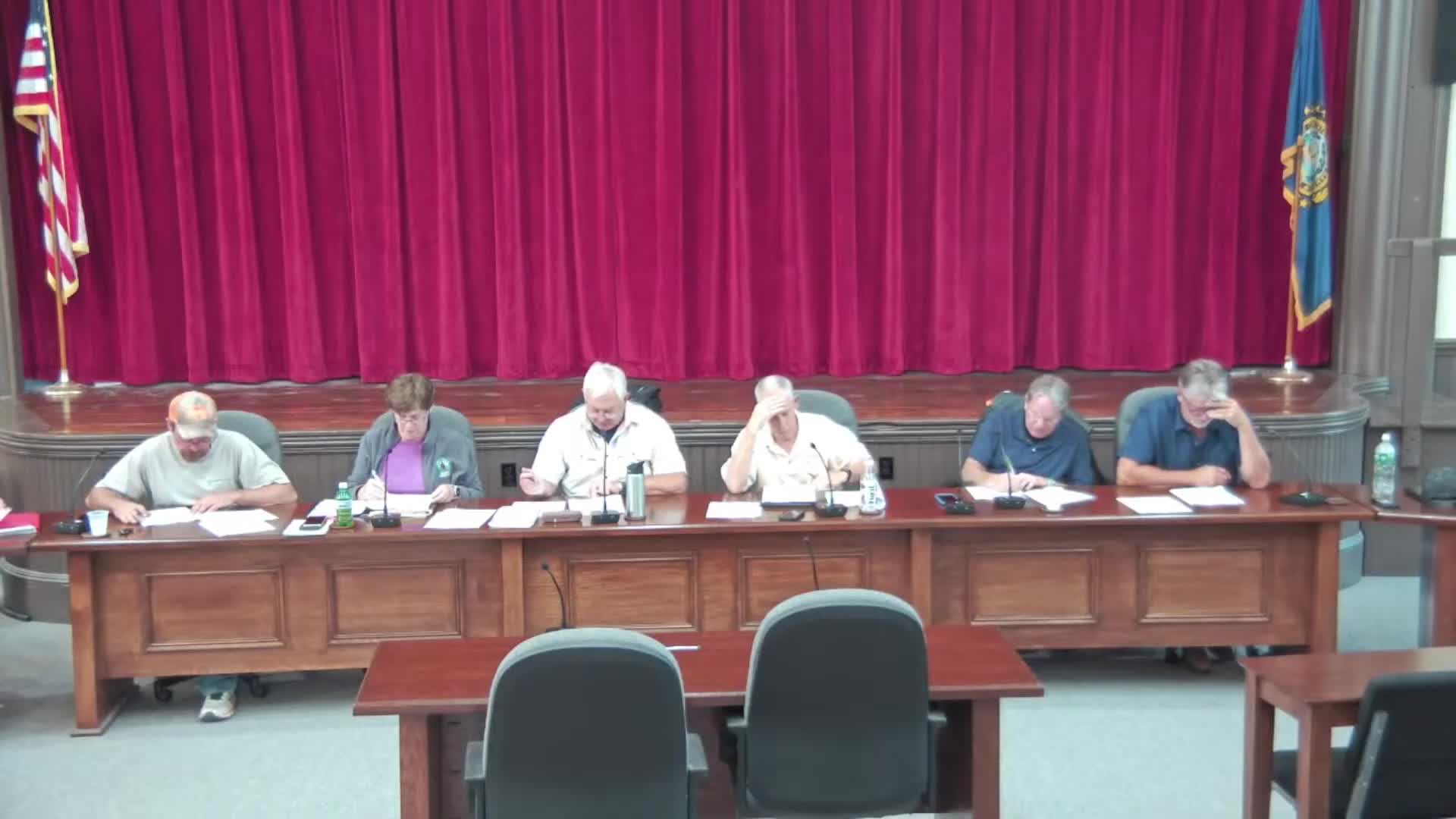Article not found
This article is no longer available. But don't worry—we've gathered other articles that discuss the same topic.
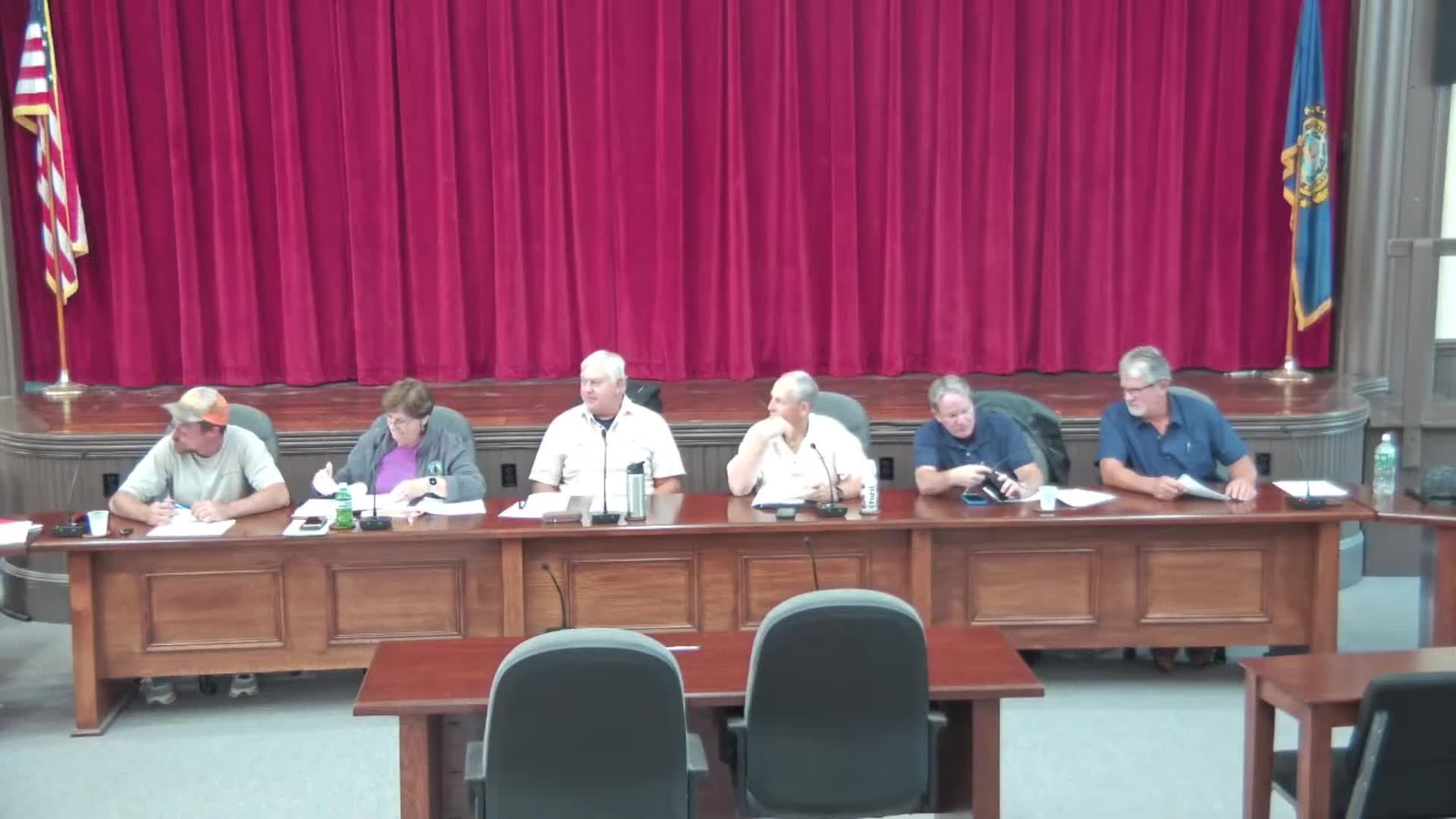
Alton zoning committee elects chair, confirms next meeting and tasks staff with redrafts
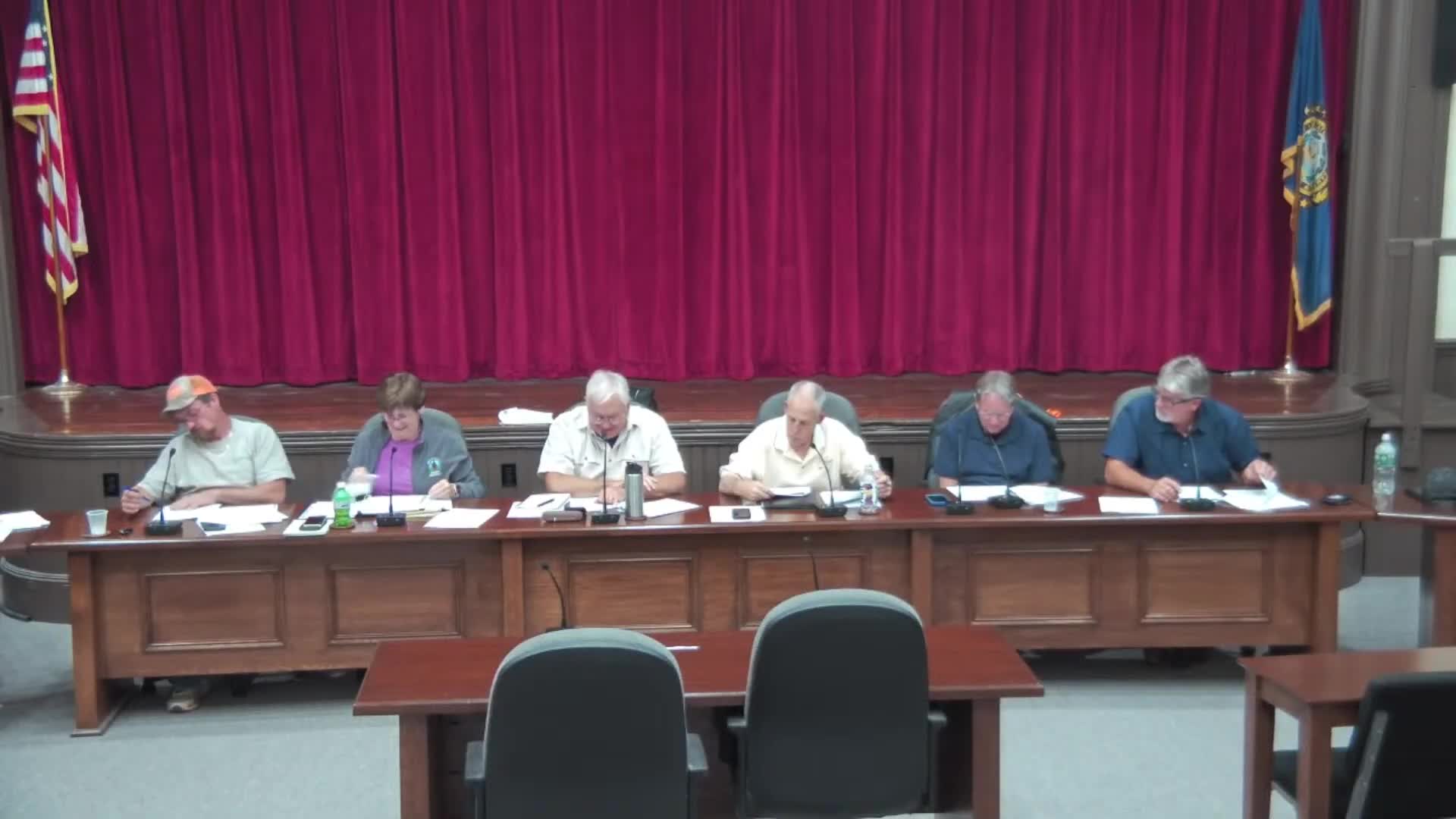
Committee reviews other zoning amendments including parking, daycare and use-table cleanups
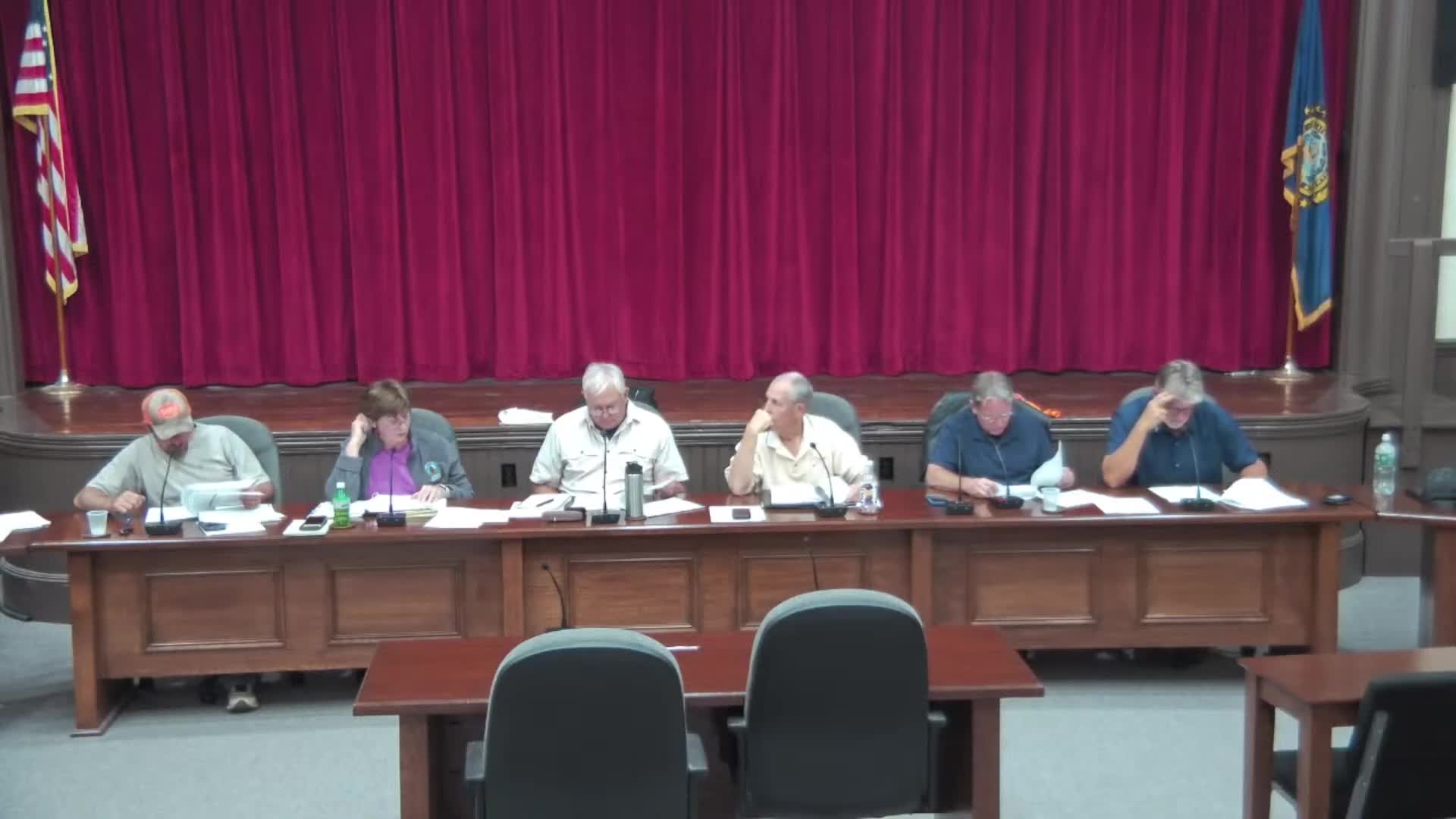
Alton revisits nonconforming-structure rules after applicants struggle with revised language
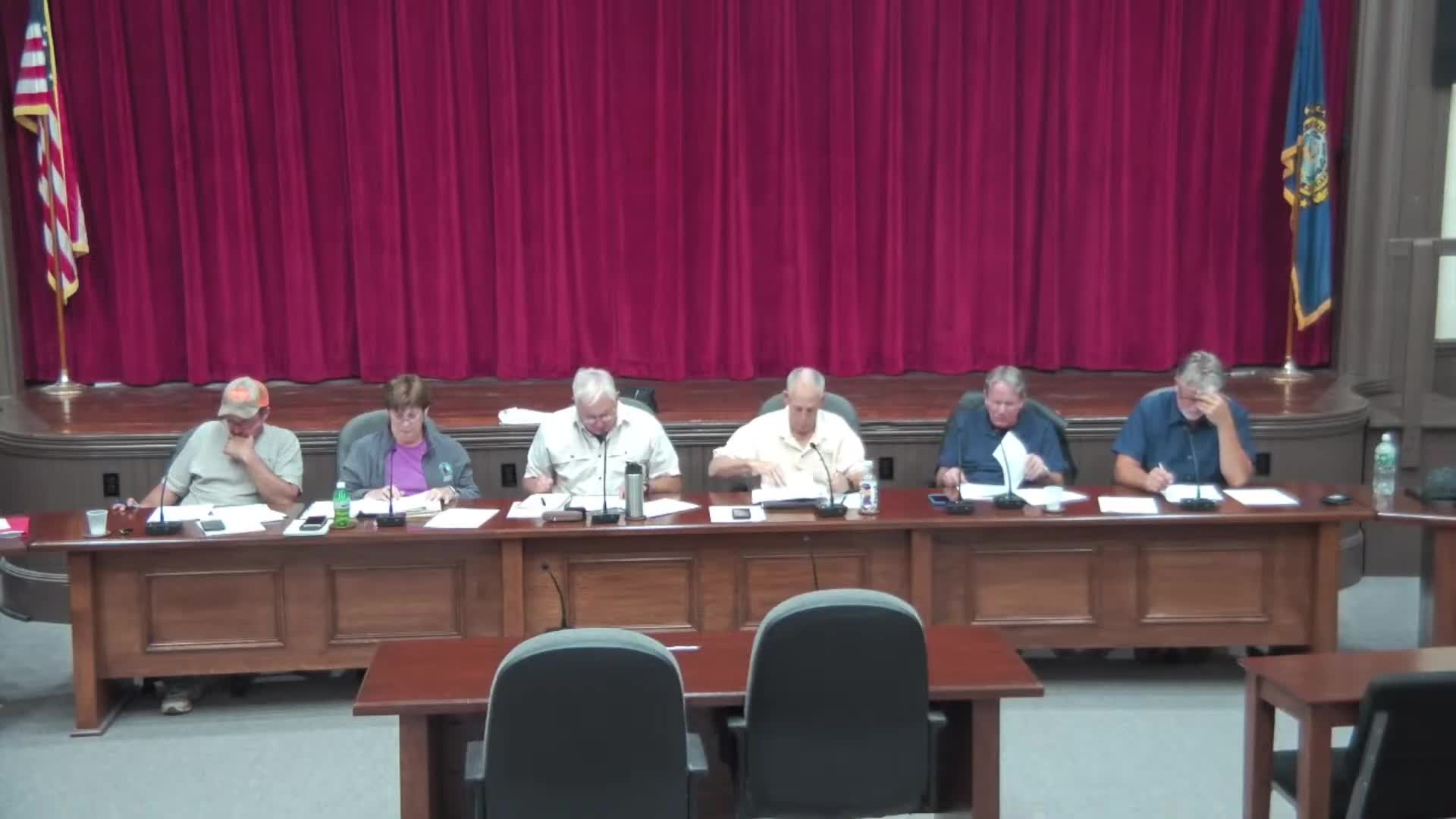
Alton to align accessory-dwelling rules with state law; committee to prepare comparison
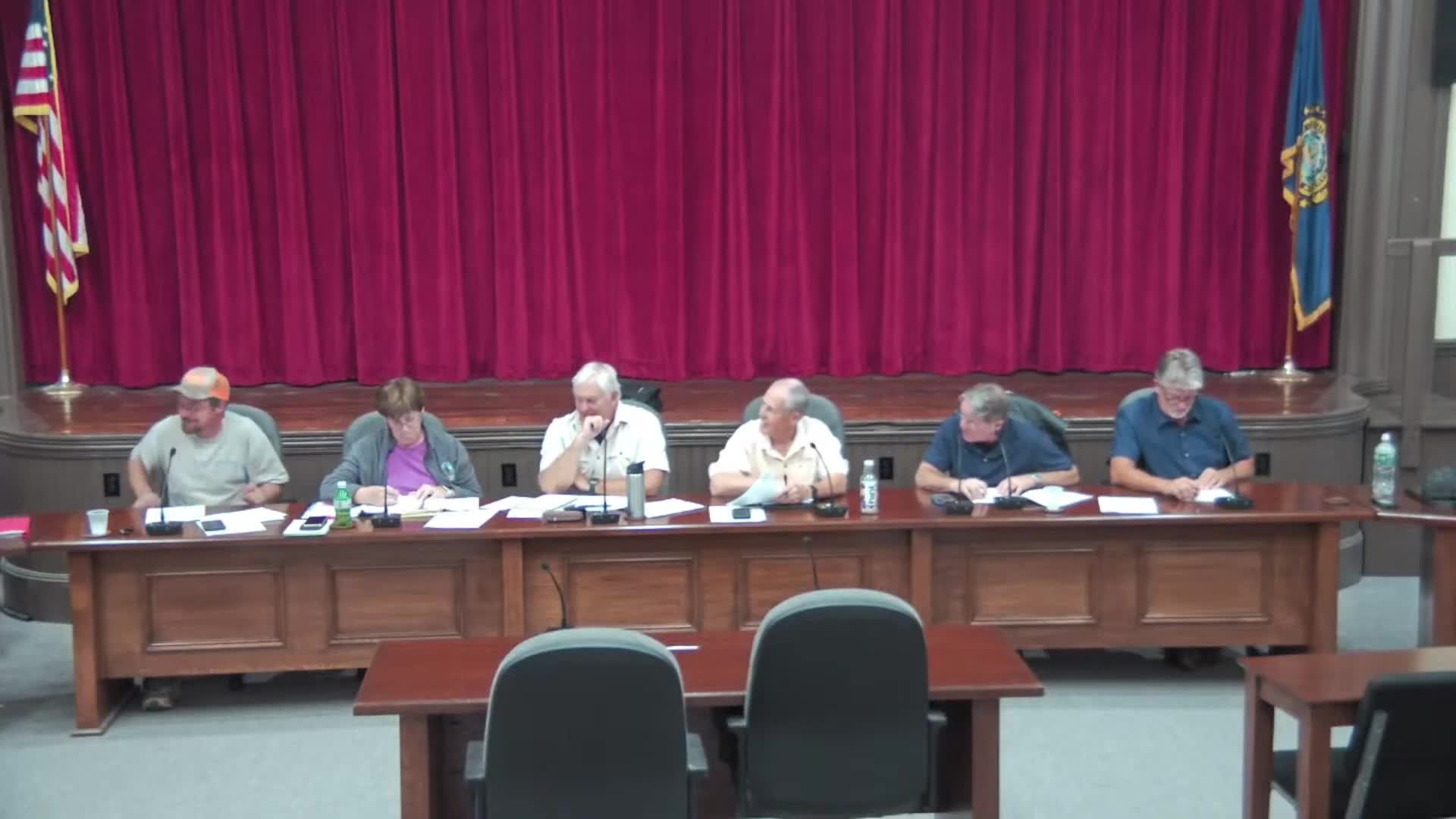
Committee debates seasonal-cabin rules: 400-square-foot cap and six-month limit under scrutiny
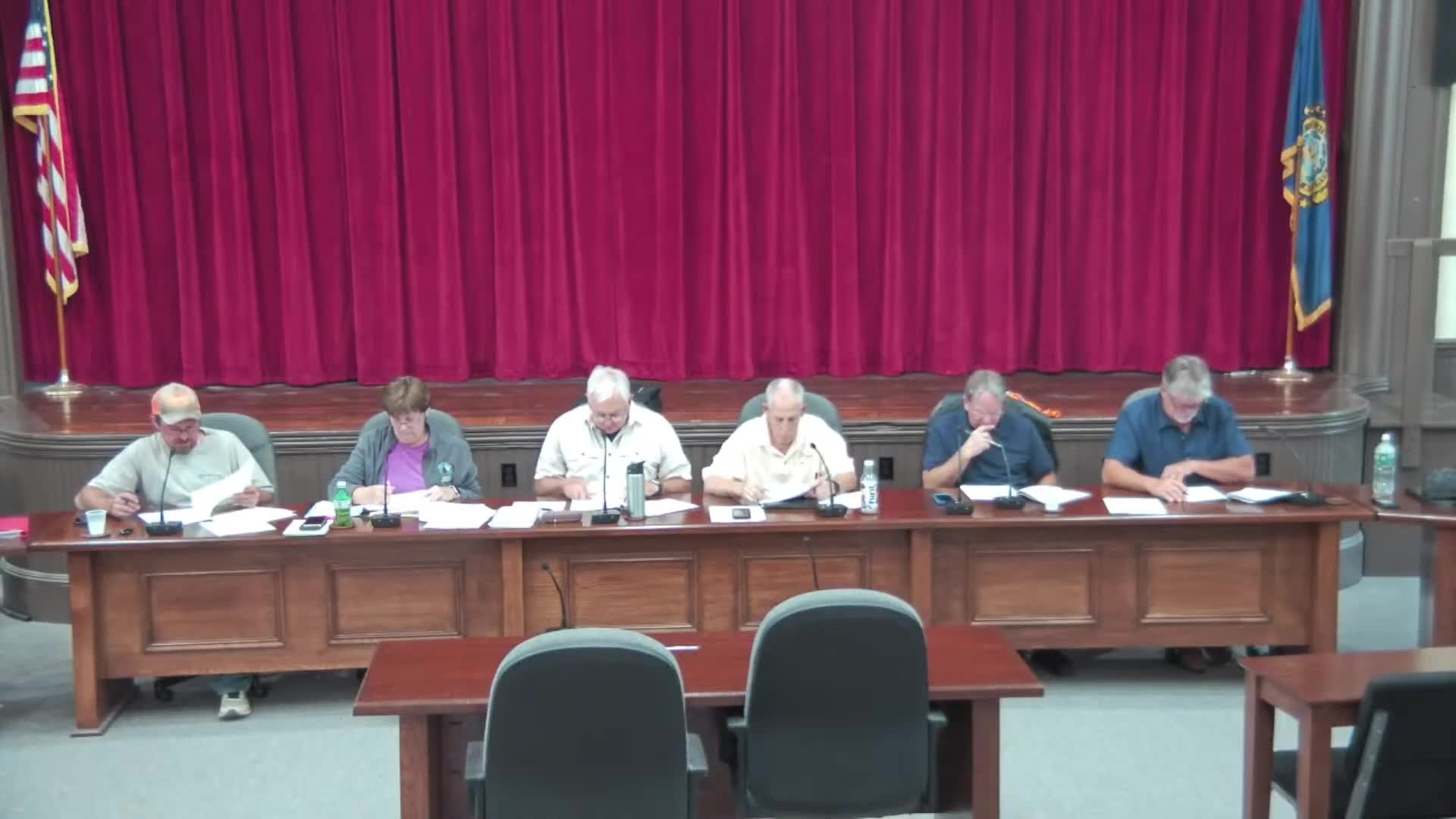
Alton committee proposes clearer definitions for ‘buildable area’ and building envelope
